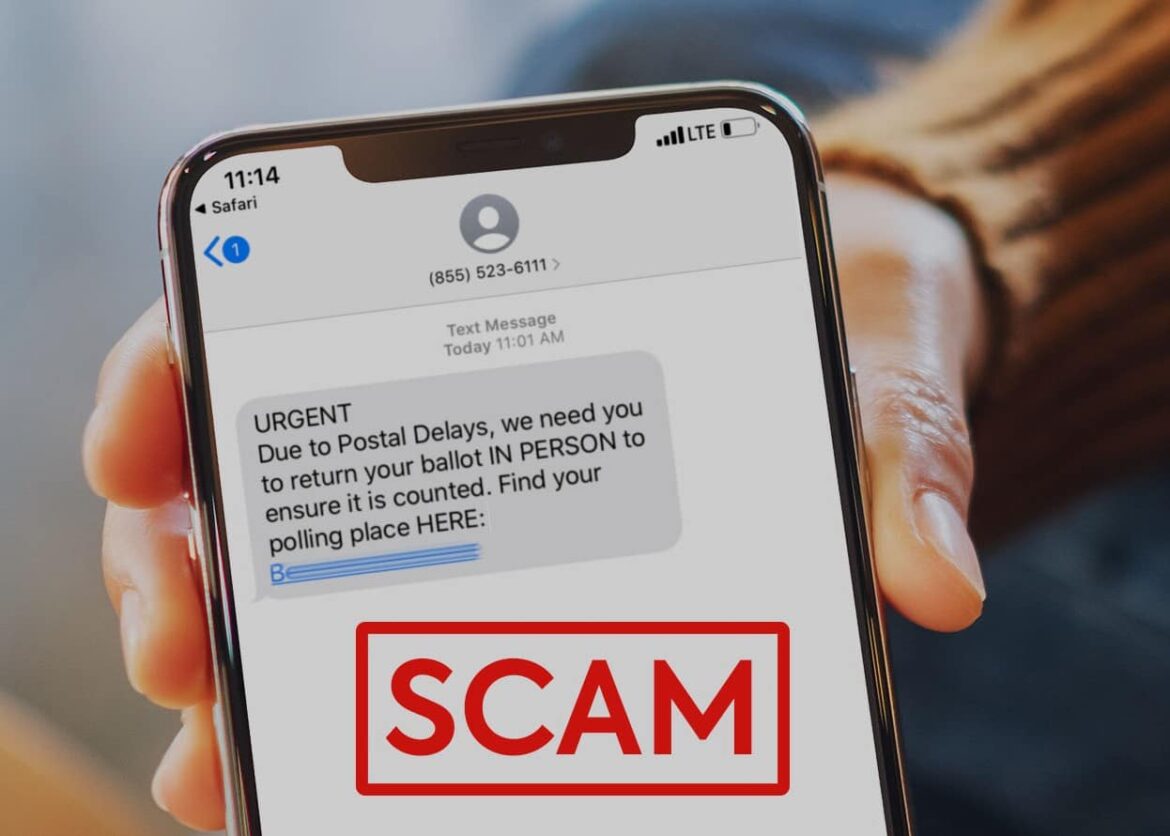In the digital world, it’s not always easy to spot fake phone numbers. We show you how to expose fake phone numbers and what to look out for to protect yourself from fraud.
Recognizing fake phone numbers: What are they anyway?
In today’s digital world, where communication by phone is commonplace, scammers are increasingly using fake phone numbers to deceive unsuspecting people. But how can you recognize these fake numbers and what can you do to protect yourself?
- Fake phone numbers are artificially generated numbers that often cannot be traced back to real people or companies. These numbers are mostly used by fraudsters to gain trust or obtain certain information.
- Fraudsters often use techniques such as “spoofing,” where they manipulate the number displayed so that it appears as if the call is coming from a trusted source, such as a bank or a well-known company.
- Fake phone numbers are also often used to pressure or frighten victims, for example through alleged calls from law enforcement agencies or debt collection agencies.
- Another characteristic of scam calls is that they are often difficult to trace because they do not have a fixed number and change frequently.
How can you recognize fake phone numbers?
Recognizing fake phone numbers is not always easy, but with a few tried-and-tested methods, you can significantly increase your chances.
- Look out for unusual area codes or number formats that do not comply with common standards. Such signs could be indications of a fake number.
- Be suspicious if you receive a call from a number you don’t recognize and whose area code seems suspicious. A quick online check of the number can often provide clarity. For example, there are websites that directly alert you to possible fraud associated with a number.
- Use apps and services that are specifically designed to identify and block fake phone numbers. These tools analyze incoming calls and warn you if they are known scam numbers. There are also internal features, such as Samsung Smart Call, that block fake calls directly.
- If you receive repeated calls from the same suspicious number, make a note of it and, if necessary, inform your phone provider or the relevant authorities.
How can you protect yourself from fake phone numbers?
Better safe than sorry. There are a few things you can do to proactively protect yourself against fake phone numbers and the scams behind them.
- Only give your phone number to people or organizations you trust and avoid making it publicly available online to reduce the risk of fraud.
- Be critical of unsolicited calls, especially if the caller asks for personal information or tries to pressure you. Reputable companies rarely ask for sensitive information over the phone.
- Consider using call blocking apps that can automatically detect and block potentially dangerous calls. Many of these apps regularly update their databases with new fraudulent numbers.
- Stay informed about current fraud methods and trends so that you are well prepared in case of an emergency. Many consumer protection organizations offer useful information on this topic.
What to do if you have fallen for a fake phone number?
Despite all precautions, it is still possible to fall victim to a scam. In such cases, quick action is required.
- If you have disclosed sensitive information, inform your bank or other relevant institutions immediately to limit any potential damage.
- Document all relevant information about the call, such as the date, time, and content of the conversation, so that you can pass this on to the police or relevant authorities.
- Check your bank statements regularly for unusual activity and respond immediately to any irregularities by contacting your bank.
- Consider changing your phone number, especially if you have become the target of such calls, to prevent further harassment.

